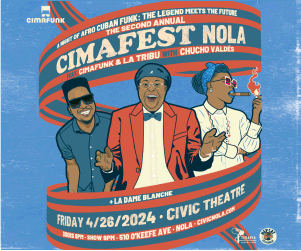 |
Jazz instrumentalists must forge a compromise between the demands of the audience and the siren call of their muse. The two most famous Marsalis brothers offer an illustration of this dichotomy as they pursue divergent career directions. Wynton, ever the public figure, is the idiomatic jazz icon, an urbane epitome of taste, perfect technique and post-Ellingtonian formalism. Branford is by contrast a restless spirit constantly seeking human-scale answers to supernatural questions through his music. His tenor saxophone playing flirts with danger in its search for powerful, personal expression.
Braggtown opens with the astonishing “Jack Baker,” a muscular tenor vehicle with an intensity that recalls Sonny Rollins’ “East Broadway Rundown” or Coltrane’s Live at the Village Vanguard. Marsalis voices an unforgettable tenor phrase eight times at the outset like a call to prayer as the band joins in instrument by instrument. He plays a higher variation four times, returns to the original phrase eight more times and back to the variation four more times before playing the original theme five times and launching into the body of a 14-minute journey to musical transcendence highlighted by a multiple chorus solo in which Marsalis seems to channel Coltrane’s spirit. The effect of the repetition of phrases and the short, ecstatic solo cries puts a hypnotic hold on all but the most casual of listeners.
Each of the members of Marsalis’ perfectly balanced quartet contributes a composition—pianist Joey Calderozza’s sparse, contemplative ballad, “Hope;” drummer Jeff “Tain” Watts’ extroverted “Blackzilla” and bassist Eric Revis’ “Black Elk Speaks,” which offers more tenor exposition and an extended bass solo. Marsalis, no stranger to formalism himself, also showcases his gorgeous soprano saxophone playing on Henry Purcell’s elegant chamber piece “O Solitude” and a theme that seems to comment on it, “Sir Roderick, the Aloof.”




